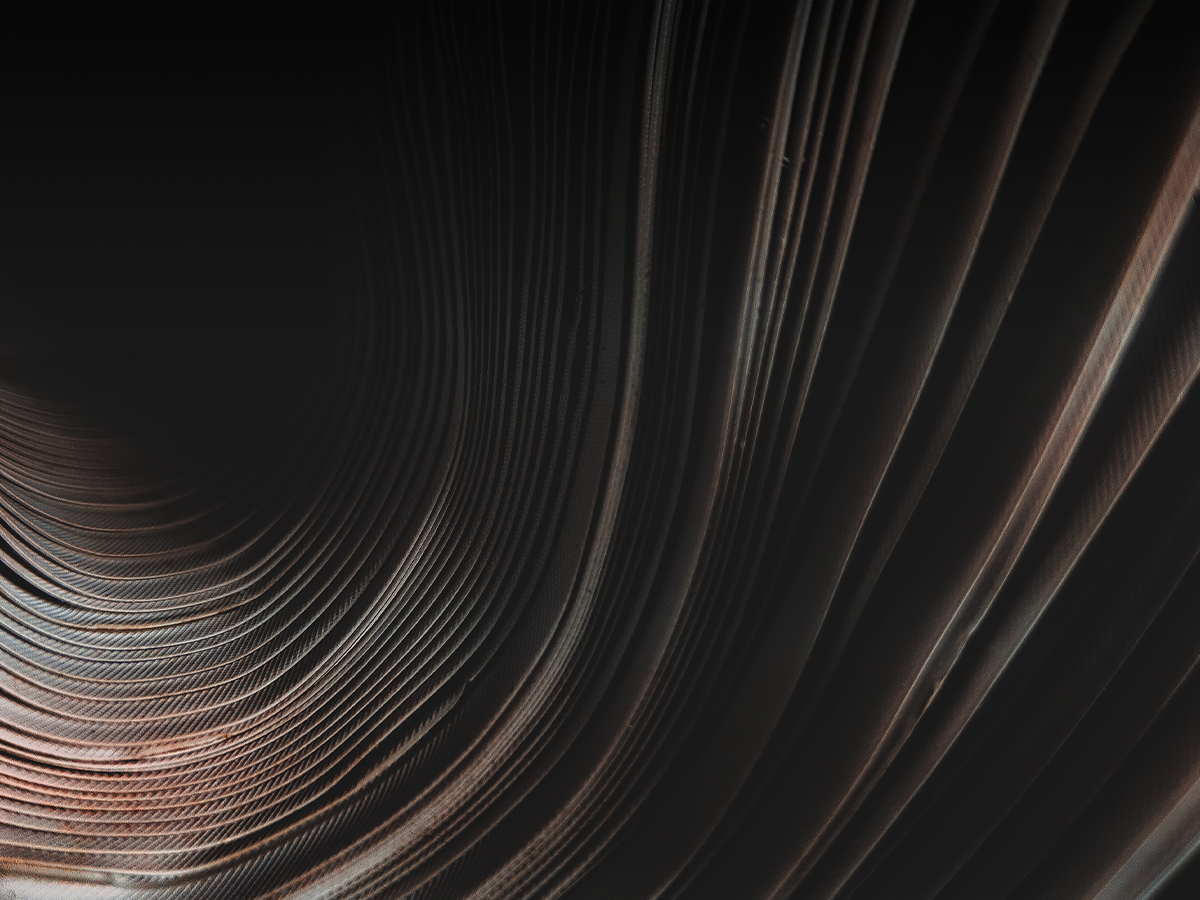Voluntary licensing is defined in Section 30 of the Indian Copyright Act. By a license in writing signed by him or his duly authorized agent, the owner of the copyright in any existing work or prospective owner of the copyright in any future work may grant any interest in the right.
A license can be granted by the copyright owner of any existing work or by the prospective owner of any future work. For a future work, however, the license will only become effective when the work is created.
Works that are withheld from the public are subject to compulsory licensing under Section 31 of the Indian Copyright Act. In the event the copyright owner refuses:
Has refused to allow the performance of the work in public or has republished the work or allowed its republication.
Broadcast or sound record the work on reasonable terms, or, if it is recorded in a sound recording, allow public communication of the work by way of such a broadcast or recording.
When the owner of the copyright has been given a reasonable opportunity to be heard and an enquiry is conducted, the Copyright Board can direct the Registrar of Copyrights to grant the complainant a compulsory license to republish, broadcast, or communicate the work to the public, if satisfied. In such a case, the Registrar of Copyrights will grant the complainant a license.
Additionally, a compulsory license can be granted in the case of unpublished Indian works. The same is provided for in Section 31A. Anyone can apply to the Copyright Board for a license to publish an unpublished work whose author is deceased, unknown, or cannot be traced.
The plaintiff, in this case, is Toyota Jidosha Kabushiki Kaisha and they seek to prevent the defendant, a spare parts supplier by the name M/S Prius Auto Industries Limited, from the usage of the trademarks- “Toyota”, “Innova”, and “Prius”. According to the finding of the court, two of the three trademarks mentioned, namely Toyota and […]
Intellectual property rights create a situation in which the inventor or the creator enjoys full ownership and rights to commercial exploitation of his creation while everyone else is excluded. The justification is that such a creation, if it has material value, must benefit the creator while preventing others who would otherwise commercially exploit the concept […]
WIPO defines copyright as the right of creators to ownership of their creations and to make use for commercial or other purposes. Copyright today covers literary creations, printed material, computer programs, data, audiovisual media, dance, paintings and drawings, photographs, sculpture, architecture, ad material, technical drawings and others that are the outcome of intellectual effort. From […]


